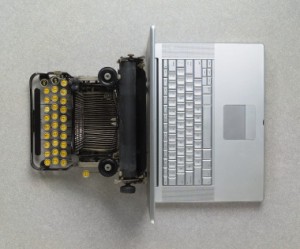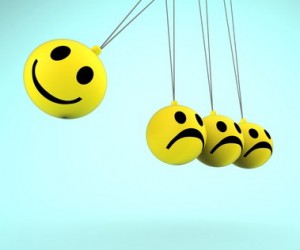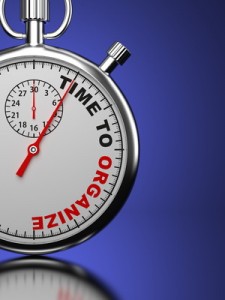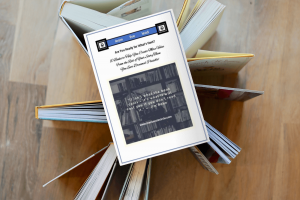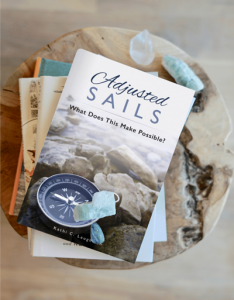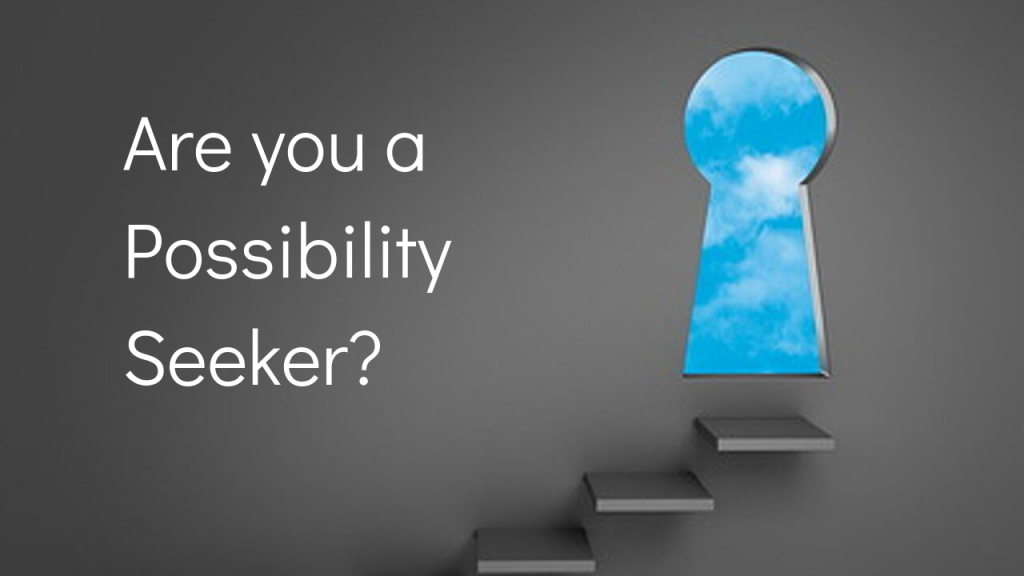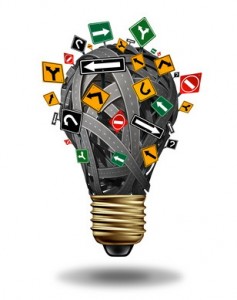 There are times we want to move forward on an important goal but for some reason we just can’t seem to get started. We want to take the first step but something is holding us back. When we find ourselves in that situation, it can be useful to have a checklist of questions designed to help find the one log that is jamming our stream of action.
There are times we want to move forward on an important goal but for some reason we just can’t seem to get started. We want to take the first step but something is holding us back. When we find ourselves in that situation, it can be useful to have a checklist of questions designed to help find the one log that is jamming our stream of action.
Here are some questions that have proven very effective. Use them to self-coach your way out of “stuck” and onward to success!
The first step is to identify the place in your life where you are feeling stuck. Remember, as with any coaching tool, the more specific you are the more powerful the exercise will be. Then get started!
- Are you crystal clear about what you want?
- Sometimes we don’t know the first step because we don’t have a clear direction.
- What have you done so far?
- There’s an assumption that if you’re “stuck” that you started. If you haven’t started, go back to the first question!
- If you started and stopped, why did you stop?
- This is a key step. Did other priorities take over? Did you get overwhelmed? Examine why you stopped because if you know that and can deal with that, you will re-start with greater ease and be better prepared to prevent getting stuck again.
- What is one thing you know you can do today to move forward?
- There is always something. It can and should be a small step. Those are the most effective. And you will know what it is.
- Who has already done what you want to do?
- Having an example to follow can save you time and give you a clear starting point. Just make certain they have actually done what you want to do.
- How did they do it?
- Do your research! If you can, interview them. Find out what they did FIRST!
- What resources (skills, contacts, tools) do you have that can help move you forward?
- Have you taken inventory of everything at your disposal? Have you taken advantage of it?
- What options haven’t you considered? Why not? Even the impossible ones!
- There are always one or two options that we immediately dismiss out of hand. Go back and look at those options. Make sure that if you believe they won’t work you ask yourself why. What if it could work? What would my next step be. Quite often we find they will work.
- What decision have you been avoiding?
- It’s last on the list because if you’ve gotten this far, somewhere there was a decision to be made that you avoided. What is that decision? Why are you avoiding it? What can you do to give yourself permission to make it?
Somewhere in these nine questions you are going to find the one thing that is the ideal “unstuck” remedy for you. And once you tackle that one – the rest are going to fall away and you will once again be on your way!
Each of us gets “stuck” for different reasons in different situations. There have been times that I know I didn’t move forward because I was not willing to let go of something in order to move forward. That might be a discovery at #3, #8 or even #9. But eventually I got to the root cause and you can, too.
#8 can bring about very new possibilities. Ideas are sometimes not considered because they failed in the past or just seemed like too great a risk. But times change and so do we. Just because something failed in the past does not mean it will fail now. One of my clients had applied for a business loan years before and was turned down and was not even considering a small business loan for a new venture idea. When we talked about what had changed since the original loan was declined and even talked about why the original loan was declined it was clear that the situations were very different. She applied and was funded! It’s an important step.
My personal favorite in discovery sessions is often #7. We have these hidden gems in our life. Talents, knowledge, people – so many resources! So often we don’t look at our own arsenal of options. We focus on what is missing instead of what is ALREADY THERE!
So here’s my challenge to you: Take stock of where you are in every area of your life. Where are you not moving forward? Focus there and go through these questions. Amaze yourself! Because you were born to be amazing! And if you’re ready for a possibility partner, let me know! We are here to help.





